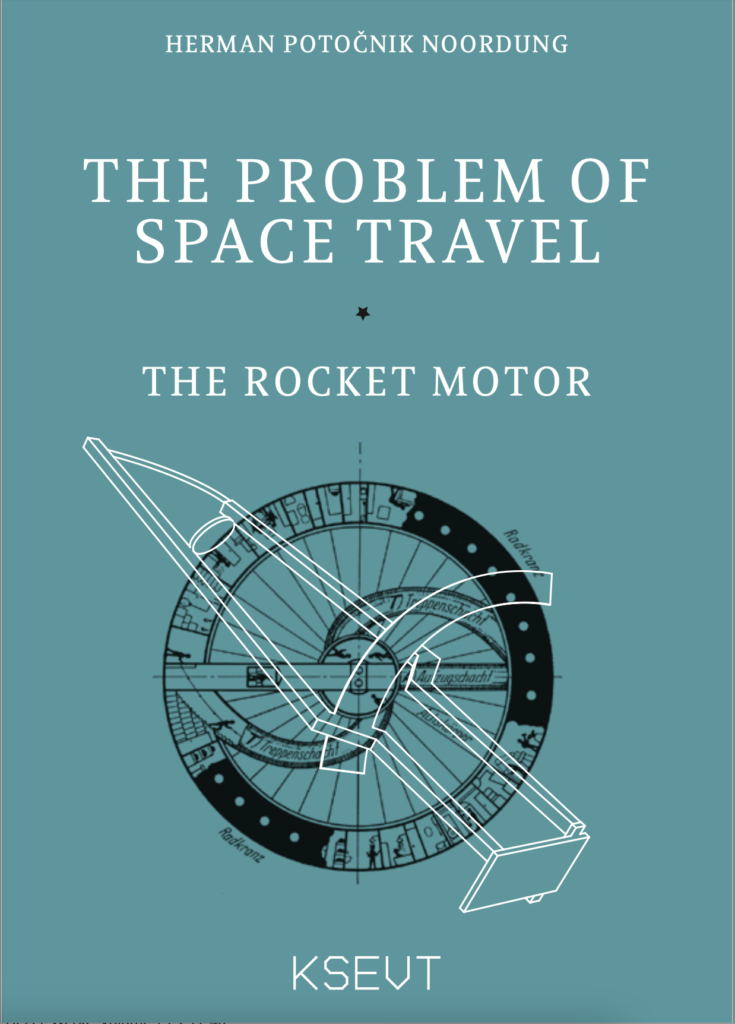
Did we successfully solve the problem of space travel or have we just caused new ones?
Herman Potočnik Noordung was born on December 22, 1892, in the city of Pola, which was in those days a part of Austria-Hungary (nowadays Pula, Republic of Croatia). In 1929 his book The Problem of Space Travel: The Rocket Motor was published in Berlin.
A careful study of its contents compared to the works of his predecessors and contemporaries emphasizes new insight in Potočnik’s expertise, which was his unique contribution to the development of theoretical cosmonautics. The new element in his ponderings is that he directed cosmonautics to the research and conquest of our own planet. The other pioneers of cosmonautics saw the main goal of this branch of science in the expansion of humanity “throughout space,” traveling to other celestial bodies and building colonies away from Earth. Potočnik, at least in the beginning phases, wanted to use space technology completely for the good of our own planet. Rocket aviation, which would enable traveling on Earth with almost cosmic velocities and the multifunctional station in Earth’s orbit, which would observe every event on the planet and direct life on it – those were the first two cornerstones that Potočnik felt had to be conquered in the development of cosmonautics. Nobody before him had defined this condition so clearly and precisely.
Tsiolkovsky’s book Dreams of the Earth and Sky, published in 1895 highly influenced Potočnik’s work on the idea of space stations. Tsiolkovsky did not limit himself only to space stations as a development phase when planet inhabitants colonize the expanses of outer space. He set the space station in a time when intelligent civilizations will be able to cause a metamorphosis of space. According to him, space stations will, sooner or later, completely replace planets with gravity and with a limited amount of warmth and light from the sun. They will become their artificial analogies, and thus retain all the advantages of a planetary environment, but without its drawbacks.